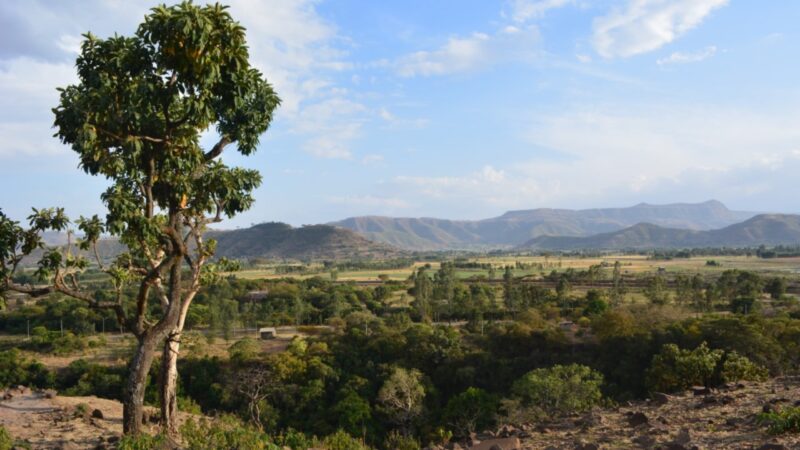This practice-based class, developed in 2020, gives graduate students skills to communicate publicly and effectively about environmental issues.
Environmental problems affect everyone in the world. Inspiring meaningful action requires informing vast and diverse constituencies, from rural communities to business and policy elites, about often-complicated topics. To do so, science leaders must create and deliver clear messages that connect, resonate, motivate and entertain. Students of this class learn to do so across multiple media forms through practice and detailed feedback, research and discussion. Science communications experts of various perspectives join for some classes, and students are welcomed into a growing and continuing community of science communications — where they are given opportunities to use their skills in the real world.
All scientists learn (or should learn) how to give a good talk for their peers, and for a general audience. In those situations you are “in control.” This makes such talks comparatively easy. However, if you really want to be effective you need to take risks and make yourself available to the public on short notice, where the subject is NOT your research, and where you are not in control of the narrative. Specifically: 1) you need to master the art of giving a good interview when a journalist calls on short notice and the topic is out of your comfort zone, 2) serve on a panel of 3 to 5 experts/scientists who are all addressing a controversial topic, where the panel moderator seeks lively dialogue and controversy and the audience wants clarity, and 3) there are occasions where you are an expert but the proceedings are either a federal court and you are an expert witness — or you are called before a formal body (e.g., congressional committee, or public hearings).


